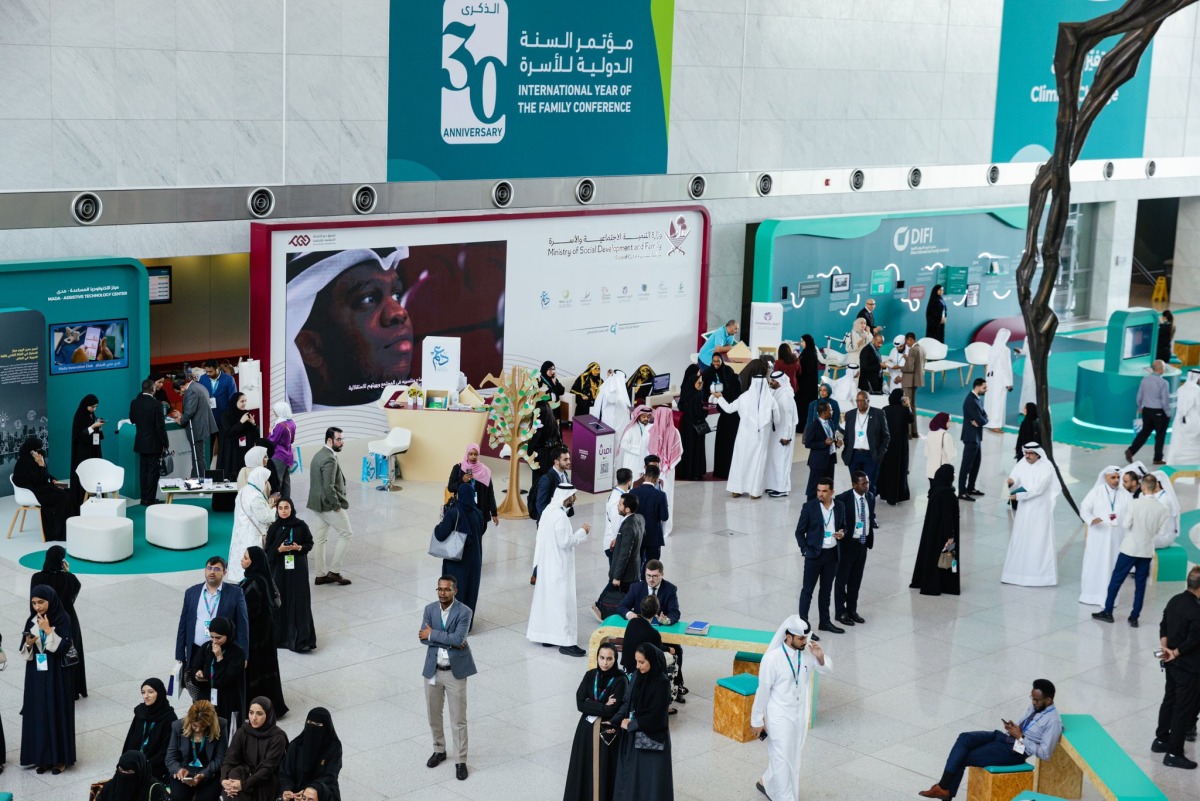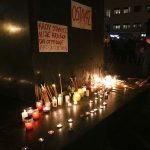The 30th Anniversary of the International Year of the Family Conference in Doha, Qatar focused on discussing the challenges facing families in various sessions. One of the highlights was the ‘High-Level Ministerial Session: Arab Family Policies in Comparison to International Best Practice’, organized by the Ministry of Social Development and Family. The panel, consisting of dignitaries from different countries, aimed to showcase best practices, identify challenges, and propose solutions to address the most pressing issues related to family policies in the Arab region.
During the session, Zahra Behrouz Azar, Iran’s Vice-President for Women and Family Affairs, emphasized the importance of families as the nucleus and pillar of society. She highlighted the need to address global challenges facing families, such as societal transformations, immigration, and economic changes. Azar stressed the significance of developing plans to mitigate negative effects on families, implementing support policies, and enhancing laws and regulations that promote family well-being. She also emphasized the role of community values, adaptability, solidarity among family members, and the need for awareness, education, and support programs tailored to local societies.
Narek Mkrtchyan, the Minister of Labour and Social Affairs of Armenia, shared insights into the government policies aimed at protecting families in his country. He highlighted the nuclear family model prevalent in Armenia and the government’s strategy to ensure the well-being of families. Mkrtchyan discussed initiatives to boost the birth rate, promote active and healthy aging, prevent emigration, and address poverty and other challenges through employment strategies. He also emphasized the importance of fostering responsibility among family members, particularly vulnerable individuals with disabilities, by providing psychological support and services through family and children centers nationwide.
The session underscored the unique approach of Armenia in prioritizing family well-being as a core aspect of its society. By recognizing the cohesive family model as key to societal happiness and success, the government has undertaken long-term strategies to support families, address demographic challenges, and promote social cohesion. Mkrtchyan emphasized the importance of understanding the needs of vulnerable family members, such as those with disabilities, and providing them with the necessary support and services through dedicated centers across the country. This holistic approach aims to strengthen families, enhance their resilience, and foster a sense of community among members.
Overall, the session at the 30th Anniversary of the International Year of the Family Conference shed light on the importance of family policies in the Arab region and internationally. By sharing best practices, identifying challenges, and proposing solutions, the panelists underscored the crucial role of families in society and the need to prioritize their well-being through tailored support policies, awareness programs, and legal frameworks. The discussions highlighted the diverse challenges families face in the modern world, from societal changes to economic pressures, and emphasized the importance of preserving traditional values while adapting to new realities. The insights shared by the panelists serve as a valuable resource for policymakers, stakeholders, and communities striving to strengthen families and promote social development in a rapidly evolving global landscape.










